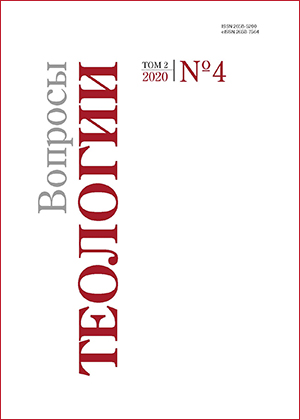The comparative historical and comparative legal characteristics of the Islamic criminal procedure
DOI:
https://doi.org/10.21638/spbu28.2020.402Abstract
In order to analyze and characterize modern forms of the criminal process, it is customary to use comparative legal typologies. Within the framework of the comparative legal approach, the division of the criminal investigative process and controversial types is widespread (‘common’). Each of them is characterized by a certain spectrum of ideal attributes, opposed to each other and “embedded” in a wider typology of legal families. This article raises the question of the existence of a third universal model of the criminal process, which is considered the criminal process of the countries of Islamic rule (Islamic). It is concluded that in its technical structure (at the level of its procedural form), the Islamic criminal process belongs to the investigative type. However, if we consider the Islamic criminal process from the point of view of its procedural content, which has a religious legal explanation, it undoubtedly has the specifics that make it possible to speak of it as an independent ideal type (universal model). This is evidenced by three characteristics: the supremacy of the Koran and the Sunna over legislation and precedent; the priority of ijma (unanimous opinion of Muslim legal scholars) over the law (its procedural and substantive provisions) and judicial decisions (precedent); the administration of justice only by the cadi (judges who, by virtue of religious duty, subordinate to themselves all participants in the criminal process and are responsible for its entire course and outcome).
Keywords:
Islamic criminal process, ijma, Quran, typology, qadi, justice
Downloads
References
References
Downloads
Published
Issue
Section
License
Articles of "Issues of Theology" are open access distributed under the terms of the License Agreement with Saint Petersburg State University, which permits to the authors unrestricted distribution and self-archiving free of charge.




